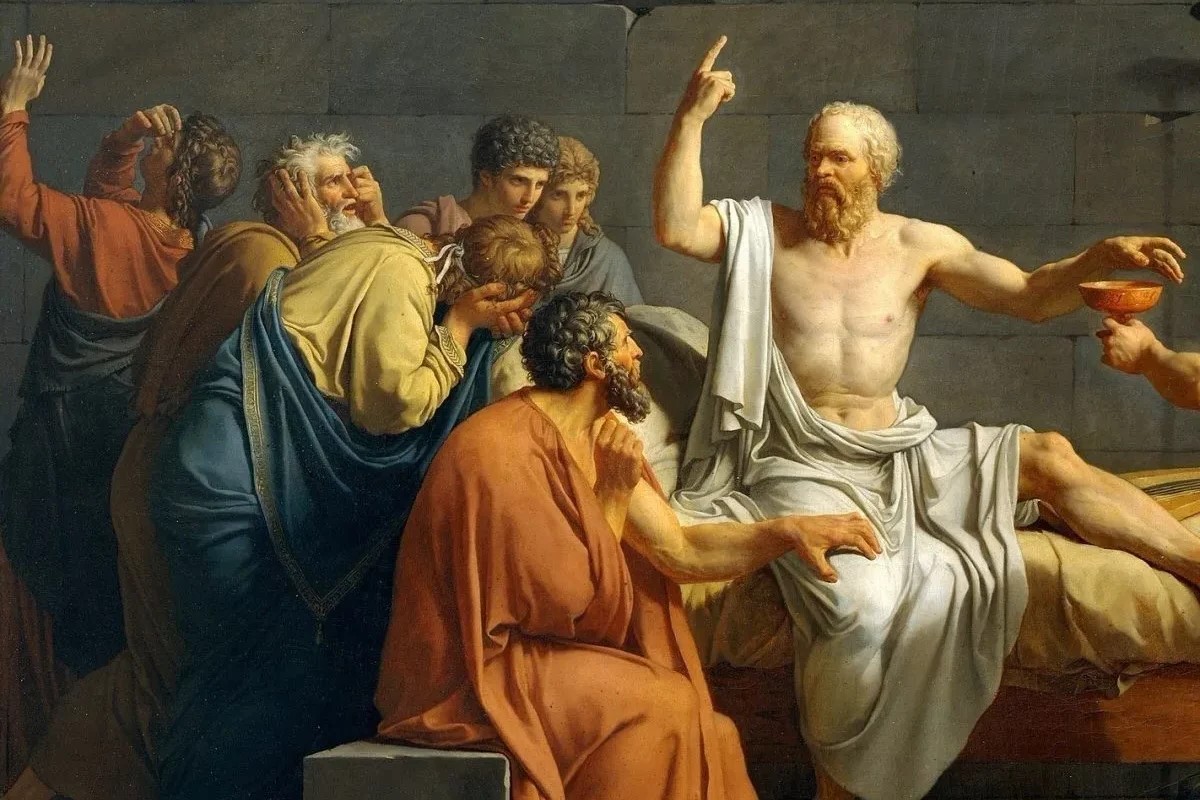
Ancient Greek philosophy is like a treasure chest of wisdom, filled with ideas that have shaped the world for centuries. What makes ancient Greek philosophy so important? It laid the groundwork for modern science, politics, and ethics. Think of Socrates, who asked questions that made people think deeply about life. His student, Plato, imagined a perfect society in his writings. Then there's Aristotle, who studied everything from animals to government. These thinkers didn't just talk about ideas; they changed how people saw the world. Their thoughts on logic, reason, and the nature of reality still influence us today. Ancient Greek philosophy isn't just old stuff; it's a living part of our culture, helping us understand the world and ourselves better.
Key Takeaways:
- Ancient Greek philosophy, with its famous figures like Socrates and Aristotle, shaped modern thought and science. Their ideas on ethics, democracy, and critical thinking continue to influence our world today.
- From the concept of atoms to the Socratic Method, ancient Greek philosophy laid the foundation for science, mathematics, and philosophical dialogues. Their legacy continues to inspire art, governance, and morality.
The Origins of Ancient Greek Philosophy
Ancient Greek philosophy laid the groundwork for Western thought. It emerged around the 6th century BCE, influencing countless aspects of modern life, from politics to science.
-
Thales of Miletus is often considered the first philosopher. He proposed that water is the fundamental substance of the universe.
-
Pythagoras, known for his theorem, believed in the transmigration of souls and that numbers were the essence of all things.
-
Heraclitus famously stated, "You cannot step into the same river twice," emphasizing the constant change in the universe.
-
Parmenides argued that change is an illusion, proposing that reality is unchanging and eternal.
-
Anaxagoras introduced the concept of Nous (Mind) as the organizing principle of the cosmos.
The Big Three: Socrates, Plato, and Aristotle
These three philosophers are perhaps the most famous figures in ancient Greek philosophy, each contributing significantly to the field.
-
Socrates never wrote anything down. His teachings are known through the works of his student, Plato.
-
Plato founded the Academy in Athens, one of the earliest institutions of higher learning in the Western world.
-
Aristotle, a student of Plato, tutored Alexander the Great and founded his own school, the Lyceum.
-
Socratic Method involves asking a series of questions to stimulate critical thinking and illuminate ideas.
-
Plato's Allegory of the Cave illustrates the difference between the world of appearances and the world of reality.
-
Aristotle's Golden Mean suggests virtue lies between two extremes, advocating for balance in life.
Schools of Thought
Various schools of thought emerged from ancient Greek philosophy, each offering unique perspectives on life and the universe.
-
The Cynics believed in living a life of virtue in agreement with nature, often rejecting material wealth.
-
The Stoics taught that virtue is the only good and that we should remain indifferent to external circumstances.
-
The Epicureans advocated for the pursuit of pleasure and avoidance of pain, emphasizing simple living.
-
The Skeptics questioned the possibility of certain knowledge, promoting a life of inquiry and doubt.
-
The Sophists were itinerant teachers who charged fees to teach rhetoric and virtue, often criticized by philosophers like Socrates.
Influence on Science and Mathematics
Greek philosophers didn't just ponder life's big questions; they also made significant contributions to science and mathematics.
-
Democritus proposed the idea of atoms, tiny indivisible particles that make up all matter.
-
Euclid, known as the "Father of Geometry," wrote "The Elements," a comprehensive compilation of geometric knowledge.
-
Archimedes made groundbreaking contributions to mathematics and physics, including the principle of buoyancy.
-
Hippocrates, often called the "Father of Medicine," established a code of ethics for physicians, known as the Hippocratic Oath.
Legacy and Impact
The legacy of ancient Greek philosophy continues to shape modern thought and culture in profound ways.
-
The Renaissance saw a revival of Greek philosophical ideas, influencing art, science, and literature.
-
Modern Democracy owes much to Greek philosophers who explored concepts of governance and citizenship.
-
Ethics and Morality in Western philosophy are deeply rooted in Greek thought, particularly the works of Aristotle.
-
Logic and Reasoning developed by Greek philosophers form the basis of scientific inquiry and critical thinking today.
-
Philosophical Dialogues initiated by Plato continue to inspire discussions on truth, justice, and the nature of reality.
Ancient Wisdom's Lasting Impact
Ancient Greek philosophy isn't just old ideas; it's a treasure chest of wisdom that still shapes our world today. Thinkers like Socrates, Plato, and Aristotle laid the groundwork for modern science, politics, and ethics. Their thoughts on democracy, logic, and morality continue to influence how we think and live. These philosophers asked big questions about life, existence, and the universe, sparking curiosity and debate that persist. Their teachings encourage critical thinking, urging us to question and explore. By studying their works, we gain insights into human nature and the world around us. Ancient Greek philosophy reminds us that the quest for knowledge and understanding is timeless. It challenges us to think deeply and live thoughtfully, proving that even ideas from thousands of years ago can still light our path today.
Frequently Asked Questions
Was this page helpful?
Our commitment to delivering trustworthy and engaging content is at the heart of what we do. Each fact on our site is contributed by real users like you, bringing a wealth of diverse insights and information. To ensure the highest standards of accuracy and reliability, our dedicated editors meticulously review each submission. This process guarantees that the facts we share are not only fascinating but also credible. Trust in our commitment to quality and authenticity as you explore and learn with us.
